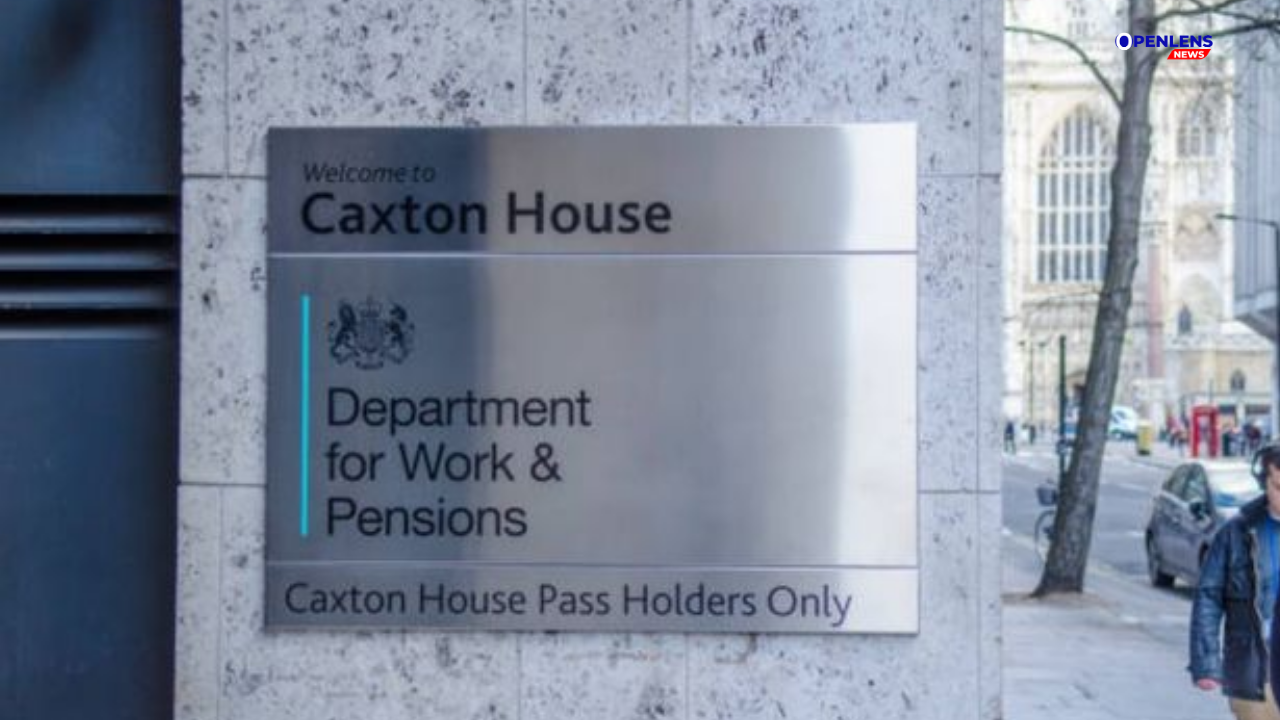The Department for Work and Pensions has defended its welfare reform plan, insisting that the introduction of a 13‑week transitional payment for people who lose Personal Independence Payment (PIP) is among the most generous ever offered. This measure, described by Work and Pensions Secretary Liz Kendall as a “new social contract,” is designed to cushion the blow for individuals and families affected by tighter eligibility rules.
Under the proposed reforms, PIP eligibility will be simplified: claimants will need to score at least four points in a single daily living activity to qualify. While this change could result in around 800,000 fewer people receiving the benefit by 2030, the transitional payment ensures recipients continue to receive support for three months after their claim ends. The DWP says this buffer will give families crucial time to adjust, seek review, or access alternative forms of assistance.
Kendall presented the changes as part of a holistic plan aimed at balancing compassion with fiscal responsibility. She explained that nearly four million households would benefit overall, thanks to increases in regular Universal Credit (UC). Claimants could see their standard UC element rise by around £725 a year by 2029–30, with disabled people most severely affected protected from reassessments. The reforms are coupled with a £1 billion investment in employment support and a new ‘right to try’ rule, which guarantees that people who attempt work will not lose existing benefit entitlements if things don’t work out.
But despite the government’s efforts to frame the package as generous, the reforms have ignited intense backlash. Major charities like Mencap and Scope have condemned the changes, warning that they could push hundreds of thousands into deep poverty. Around 160 Labour MPs have voiced disagreement, with up to 70 preparing to vote against the bill, accusing the leadership of prioritising budgets over vulnerable citizens.
Critics point out that the impact is likely to be deeply uneven, with campaigners highlighting recent estimates that 250,000 working-age individuals could fall into absolute poverty as a result of the reforms. The closure of the Work Capability Assessment and replacement with a single PIP assessment is also under fire, with opponents saying it risks overlooking real need in favour of cost-saving.
Despite fierce opposition, Kendall and Prime Minister Keir Starmer remain committed. Plans to make the transitional payment more generous and provide permanent exemption from reassessment for those with severe conditions aim to placate dissenters. But whether these compromises will be enough to win over wavering MPs remains uncertain.
This moment marks a defining test for Labour, one that will shape the future of the welfare state and declare whether the party can balance fiscal sustainability with its commitment to social justice. Let me know if you’d like further details on the transitional scheme, eligibility safeguards, or political dynamics around the vote.



